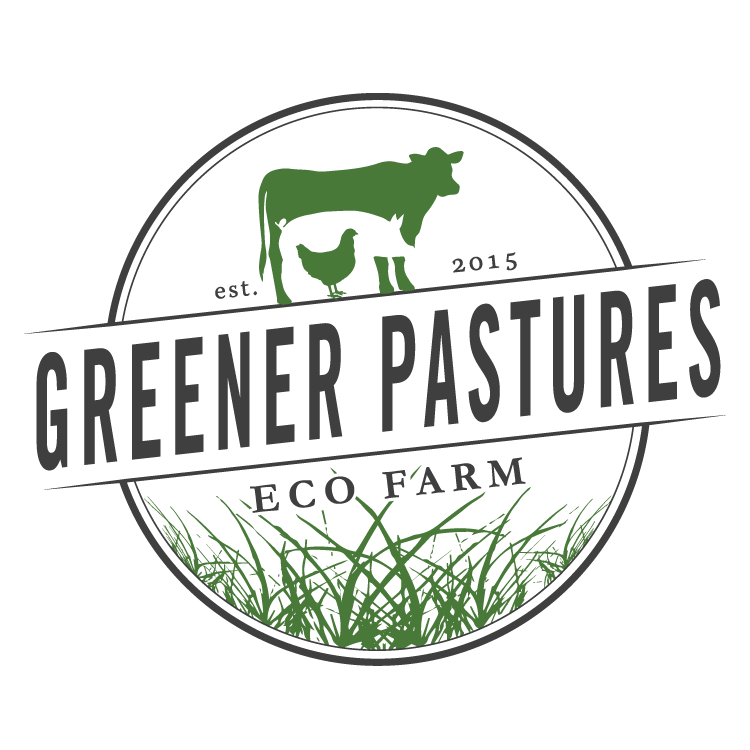Heritage Pastured Poultry
I'm a paragraph. Click here to add your own text and edit me. It’s easy. Just click “Edit Text” or double click me to add your own content and make changes to the font. Feel free to drag and drop me anywhere you like on your page. I’m a great place for you to tell a story and let your users know a little more about you.This is a great space to write long text about your company and your services. You can use this space to go into a little more detail about your company. Tell your visitors the story of how you came up with the idea for your business and what makes you different from your competitors. Make your company stand out and show your visitors who you are.

At Greener Pastures, we raise heritage chicken for eggs and meat and heritage turkey. We aim for dual purpose heritage breeds of chicken that are capable of producing both good quality meat and a fair amount of eggs. Our laying hens also need to be winter hardy.
Pasturing poultry comes with its challenges. Having birds outside means extra work to keep the birds safe from weather and predators.
We start our chicks indoors and move them out to pasture as soon as they have enough feathers to survive a cooler climate (around 4 weeks old). We move the chickens into “Cackellacs” - mobile chicken coops. They provide protection for the birds and are easily moved. We move the Cackellacs regularly in order to give the birds a fresh buffet of grass and bugs. Once big enough to be held in by the wider electrified fencing, they are released from the Cackellacs to move even more freely around the pasture.
The hens, broilers and turkeys follow the sheep in our intensive rotational grazing system. They prefer the shorter grasses after the sheep have mowed the bulk of the pasture. The chickens return the favour by scratching and spreading out the manure. As sheep and poultry do not share the same parasites, the chickens sanitize the pasture in order to further prevent the potential for disease when the sheep return to the pasture 30-60 days later.
Chickens generally consume about 10% of their diet from pasture. For the other 90%, we provide a mix of organic grains (oats, field peas & flax) milled right on the farm.
We process our chickens around 20 weeks old. This means that they are fully mature at the time of processing.


Click on the document link to check out our Pastured Poultry Newsletter for more information.
